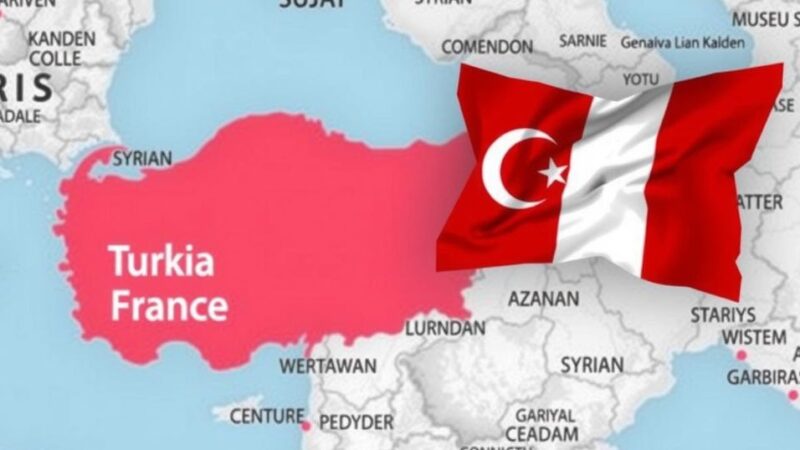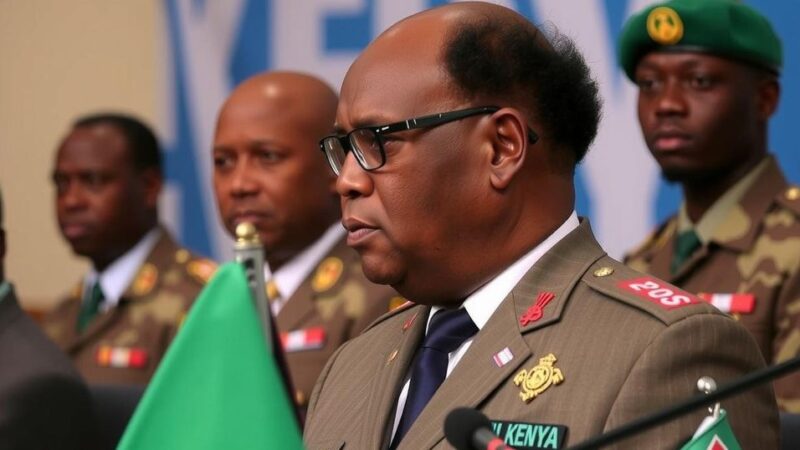Egypt aims to jointly lead a new African Union mission in Somalia to combat Al Shabab, seeking to strengthen its influence amid tensions with Ethiopia over the Nile dam project. The partnership includes deploying Egyptian troops, enhancing military cooperation, and potentially replacing Ethiopian forces in Somalia, illustrating complex regional dynamics.
Egypt is poised to engage Somalia in discussions this weekend, advocating for a joint leadership role in a forthcoming African Union (AU) mission aimed at combating the Al Shabab militant group in Somalia. This initiative underscores Egypt’s strategy to extend its influence in the strategically vital Horn of Africa region, as it seeks to counterbalance Ethiopia amid ongoing tensions regarding the Nile River dam project. Historically, Egypt has established military bases in neighboring Eritrea and Djibouti while enhancing cooperation with key Nile basin countries, signaling its intent to reinforce its presence and diplomatic ties in the region.
The new AU Support and Stabilisation Mission in Somalia (Aussom) is set to replace the African Union Transition Mission in Somalia (Atmis), which officially concluded on December 31. Egypt has already deployed a contingent of troops in Somalia, primarily composed of elite forces tasked with training local security personnel in counterterrorism measures. Additionally, Egypt has supplied arms and shared intelligence with Somalia, further solidifying the military cooperation outlined in their comprehensive agreement signed last year.
Recent developments highlight the underlying tensions between Somalia and Ethiopia, particularly following Ethiopia’s maritime deal with Somaliland, which Somalia deems a violation of its sovereignty. However, the diplomatic landscape appears to have shifted somewhat after Turkish mediation, although no substantial resolutions to the Somali-Ethiopian discord have emerged. The anticipated strength of the new AU mission remains unclear, though Somali officials suggest an initial commitment of approximately 11,000 troops, of which Egypt aims to contribute around 25%.
Discussions between defense ministers of Egypt and Somalia have recently taken place, yielding positive affirmations regarding Egypt’s military role in the upcoming AU mission. Expectations are that Ethiopia’s military presence in Somalia will diminish, aligning with Somalia’s call for the return of Ethiopian troops unless authorized by the Somali government. Additionally, Egypt’s Foreign Minister is scheduled to meet with his Somali and Eritrean counterparts to delineate the command structure and operational plans for the upcoming mission, with Egypt seeking a primary role in leading these efforts alongside Somalia. This increasing military cooperation reflects Egypt’s broader strategy to secure its national interests and stabilize the region amid complex geopolitical dynamics, particularly those concerning the Nile River.
This article discusses Egypt’s strategic political and military maneuvers in Somalia as it seeks to enhance its influence within the African Union. The backdrop includes a long-standing territorial and political conflict with Ethiopia, centering around the Grand Ethiopian Renaissance Dam, which Egypt perceives as a direct threat to its vital water security. This conflict has driven Egypt to foster alliances with various nations in the region as it simultaneously takes proactive measures to confront threats posed by the Al Shabab group in Somalia. The broader implications of Egypt’s ambitions on regional security and diplomatic relations are also explored, particularly in relation to Ethiopia’s activities and Somalia’s assurances of military collaboration with Cairo.
Egypt is positioning itself to take a leadership role in the new African Union mission in Somalia, indicating its intent to counterbalance Ethiopian influence in the region. As diplomatic relations between Somalia and Ethiopia remain strained, Egypt’s military cooperation with Somalia could prove beneficial in stabilizing the country against Al Shabab threats while simultaneously asserting Egypt’s strategic interests in the Horn of Africa. The evolving dynamics highlight the complexities of regional politics, particularly relating to water security and military alliances in the context of the Nile dispute.
Original Source: www.thenationalnews.com







